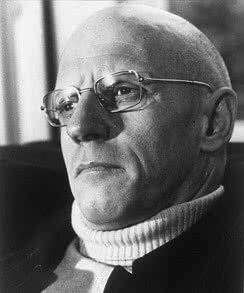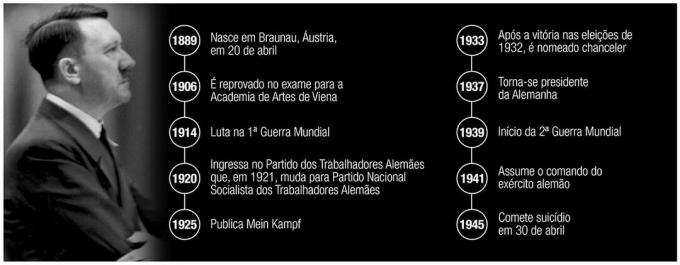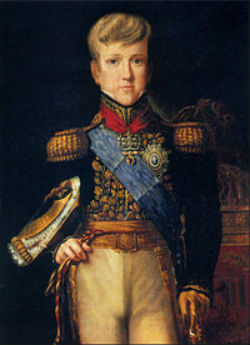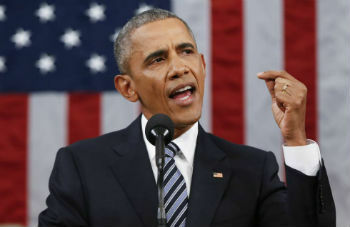Michel Foucault (1926-1984) was a contemporary French philosopher who dedicated himself to the reflection between power and knowledge.
Critical, Foucault was an activist who was involved in campaigns against racism and for the reform of the prison system.
He studied various social problems. Among them, the penitentiary system, the school institution, psychiatry and psychoanalysis practiced in a traditional way and sexuality.
Biography

Michel Foucalt was born on October 15, 1926 in Poitiers, France, into a family of doctors.
With a degree in Philosophy and a degree in Pathological Psychology, he was a psychologist in hospitals and prisons. He has also been a university professor in Germany, the United States, Sweden, Tunisia, among other countries.
He has given lectures in many places around the world, including Brazil, where he was in 1965 for the first time.
He wrote for several newspapers and published several books. He died in Paris on June 25, 1984 from AIDS.
Construction
Foucault's first work was Mental Illness and Psychology, which dates back to 1954. Next, he published:
- History of Madness (1961), his doctoral thesis
- Mental Illness and Psychology (1962)
- The Birth of the Clinic (1963)
- Words and Things (1966)
- The Archeology of Knowledge (1969)
- This is not a Pipe (1973)
- Watch and Punish (1975)
História da Sexualidade is the book whose project included the publication of 6 volumes which, however, did not manage to finish.
He published the first volume, A Vontade de Saber, in 1976. In 1984, the year of his death, he published The Use of Pleasures and The Care of Self.
watch and punish
The book, published in 1975, is a reflection on modern society and discipline.
In Vigiar e Punir, Foucault focuses on disciplinary processes in prisons, especially in France.
He reflects why torture gave way to incarceration of prisons, pretending that this was the most appropriate form of correction.
The philosopher answers this question by reflecting on the power of the (absolute) monarchy, which was replaced by the power of a republican government.
Main Ideas
According to Foucault, society abuses power through institutions, schools and prisons, for example.
The modern era is defined through discipline, which is nothing more than a means of domination aimed at taming human behavior.
As for education, Foucault calls the school one of the “kidnapping institutions”. According to him, the school takes students out of their environment to confine them and, in this confinement, domesticate them in the way society wants.
Before, the school was a place of punishment. With the modern era, it becomes a place of domestication, a model that is also followed in the prison system.
"Every education system is a political way of maintaining or modifying the appropriation of discourses, with the knowledge and powers they bring with them." (Michel Foucault)
Read too:
- Contemporary Philosophy
- Brazilian Philosophers You Need to Know



